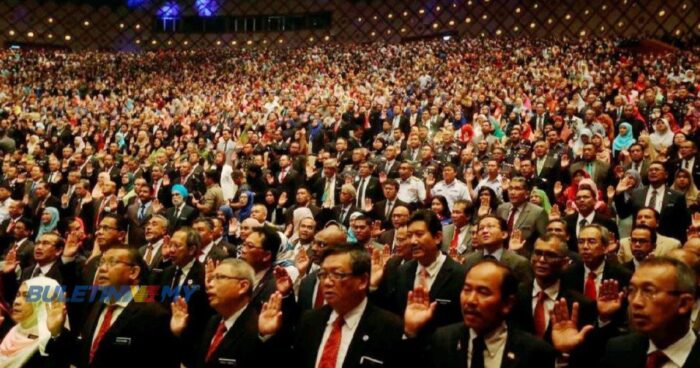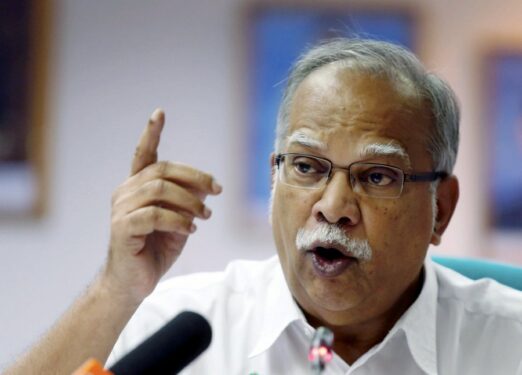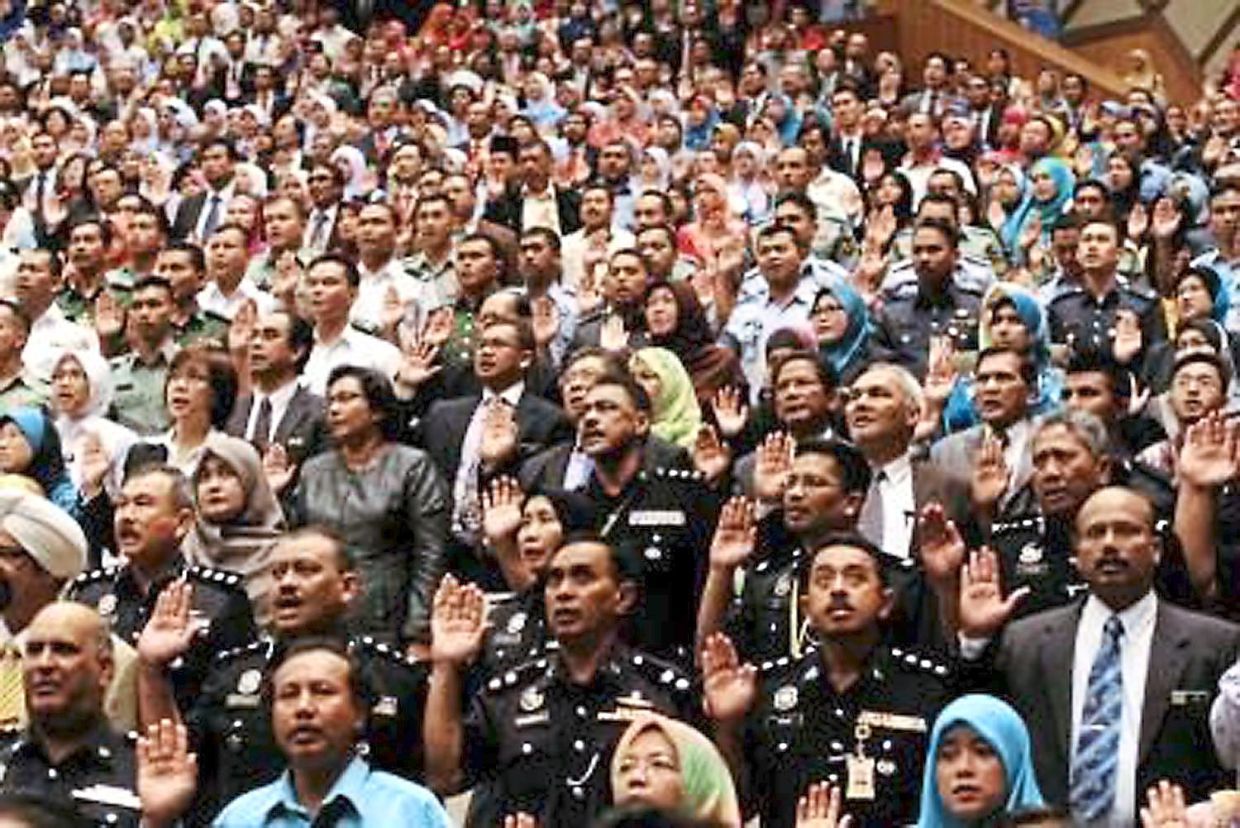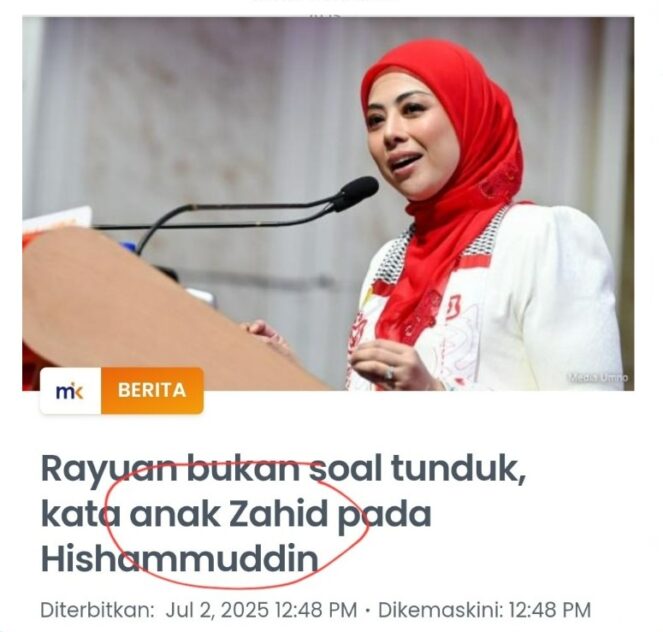THE Malaysian civil service is one of largest civil services in the world. With the total population of the country at 33 million, the civil service composition stands around 1.7 million.
There are 900,000 retirees on the pension system. Yes, talks of the reforming the civil service has been in the air from the 1990s onwards. However, reforming the Malaysian civil service is not an easy task.
The civil service badly needs the reforms to reduce the financial burden on taxpayers’ money. Billions are spent paying pensions every year not only for former civil servants but also retired politicians who receive not one but multiple pensions.
If reforms are not instituted as early as possible, the pensions bill is going to accumulate. Come Feb 1, the government has announced that the future recruits to the civil service will not be placed on the pension system.
Alternatively, they might be placed under the Employees Provident Fund (EPF) scheme. This scheme has a combined contributions of both the employees and employers that can be drawn upon retirement of the former.
Curbing multiple pensions
In fact, there was an option for civil servants either for them to choose the pension system or the EPF scheme. But I am not sure whether such an option still exists or not.
While there is urgent need for reforms in the civil service, the question is whether the government of Prime Minister Datuk Seri Anwar Ibrahim has the political will to undertake the reforms.
Recently, he has issued statements that reforms are badly needed lest the government might be declared bankrupt. This is perhaps the reason why future recruits to the civil service will not be placed under the pension system.

At the same time, Anwar invoked the morality argument to convince those who are receiving multiple pensions to choose one. However, how the government is going to implement only one pension entitlement remains to be seen.
The present pension system with multiple benefits is very much embedded in the legal and constitutional framework of the nation. Morality might not be sufficient measure for the adoption of one pension system.
While I agree that reforms are urgently needed for the civil service, the question is whether the Madani government has the courage and political will to implement the reforms.
The Malaysian civil service is not an ordinary one for it is very much embedded in the race and religious politics of the country. With more than 90% Malay employees, the civil service is looked upon by the Malay nationalists as an agency for the socio-economic transformation of the Malay society.
Malay supremacy sentiment
In this respect, there is close nexus between the administrative and political elites which is immaterial of the political party or coalition in power. Given this, reforming or tampering with the civil service is something that is frowned upon by the Malay political elite.

It should be remembered that in the context of ethnic and religious politics, the civil service or the public sector is seen from the perspective of Malay political dominance.
In other words, the Malay dominance of the civil service is seen as counter measure to the Chinese or non-Malay dominance of the private sector. The prevailing political circumstances and the role of the civil service in the larger context of national politics makes it very difficult for reforms.
Yes, the move to ensure the recruitment of new civil service employees not under the pension system might be an important beginning for the reforms. As it is, the opposition has criticised Anwar for the reforms as they might dilute the ethnic composition of the civil service.
Reforming the civil service is much more than enabling recruits to be placed under different retirement system or reducing the multiplicity of pension currently enjoyed by former civil servants and politicians.
These measures are important but not sufficient to address the elephant in the room. The real test is to reduce the bloated civil service to a number that is required for efficiency, competence and credibility.
The question is whether Anwar has the courage and political will power to engender an efficient civil service in the country going beyond the racial and religious politics. – Jan 30, 2024
Former DAP stalwart and Penang chief minister II Prof Ramasamy Palanisamy is chairman of the Urimai (United Rights of Malaysian Party) interim council.
The views expressed are solely of the author and do not necessarily reflect those of Focus Malaysia.









